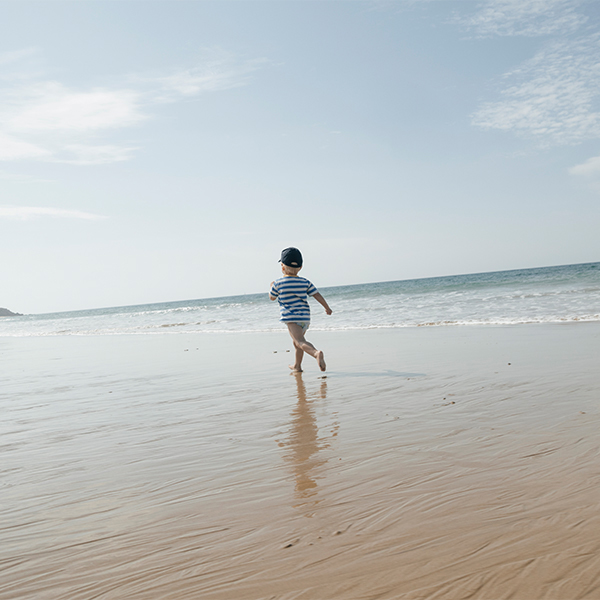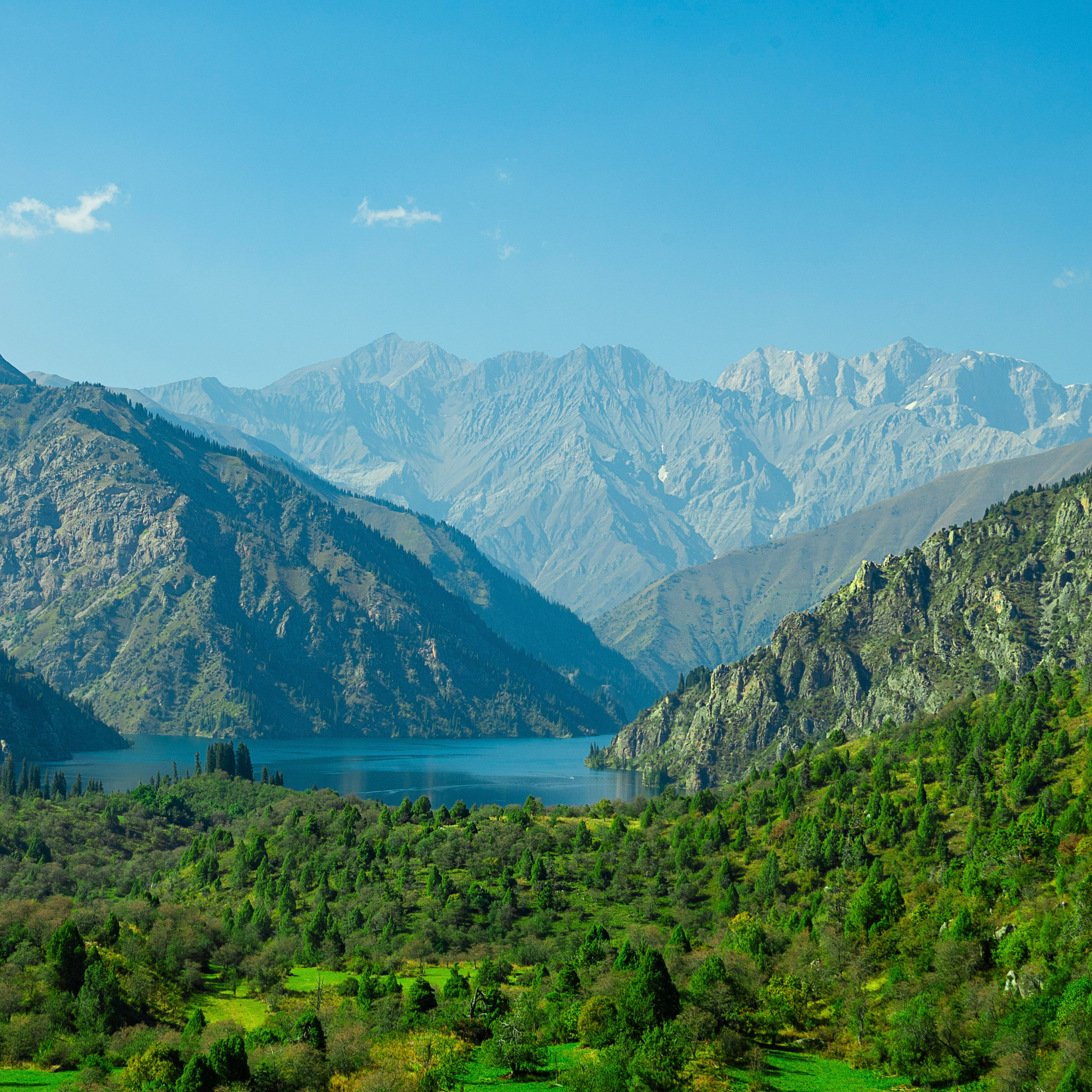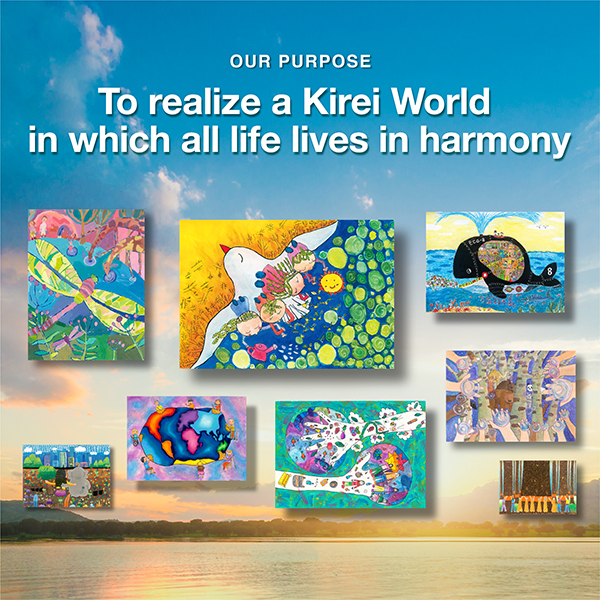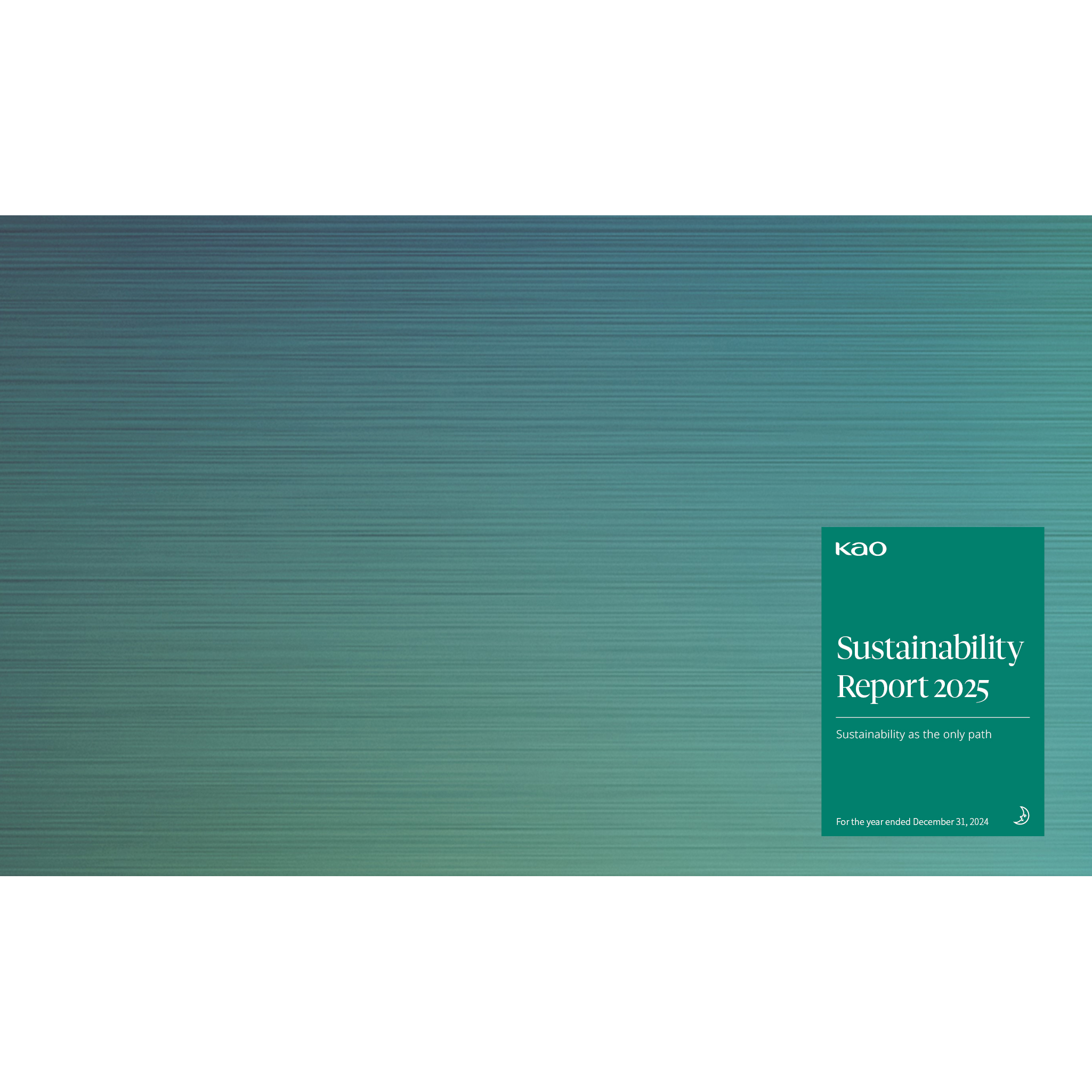



Sustainability
Sustainability as the only path
We strive to create a Kirei life for people, society, and the planet through creation and innovation building a future where all life enjoys more fulfilling and enriched lives.
In Action
Read about Kao’s efforts to realize a sustainable and enriched society.
A Kirei Lifestyle means living a beautiful life inside and out.
Our ESG Strategy is designed to serve people’s needs, behaviors and desire to live sustainable lifestyles that contribute to a sustainable world. We call this the Kirei Lifestyle, and we call the vision, commitments and actions that contribute to that lifestyle the Kirei Lifestyle Plan. Kao will strive to create a long-lasting impact to society through this strategy.
Our ESG Strategy – Kirei Lifestyle Plan
Since our business was founded in 1887, we have always put our consumers at the heart of everything we do. Today, this remains the foundation of Kao’s corporate philosophy, underpinning all of our activities. Every bold innovation, thoughtful new product and breakthrough action is in service of our consumers’ needs.
Our Environmental, Social and Governance actions are no different. We have committed to enhancing our contribution to society through a renewed focus on ESG. And our ESG strategy is in service to our consumers’ needs, behaviors, and desires to live sustainable lifestyle that contribute to a more sustainable world.
Initiatives for Nature

Throughout the entire product lifecycle, our business is made possible by the planet’s ecological systems and the abundant bounty of nature created through biodiversity. Therefore, we are committed to manufacturing with consideration for the natural environment at every stage, from the selection of raw materials to disposal and recycling.
Corporate Citizenship Activities
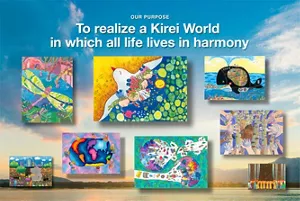
Kao will aim to realize a Kirei World in which all life lives in harmony and for a sustainable world, strive for supporting activities that contribute to a Kirei life for people, society, and the planet along with our business.




